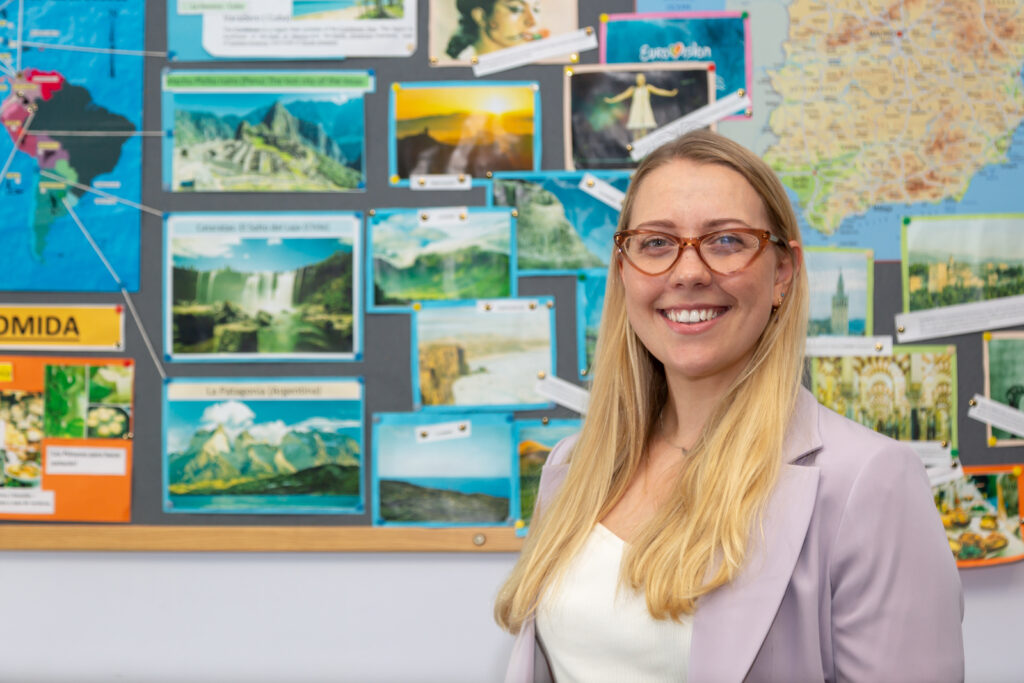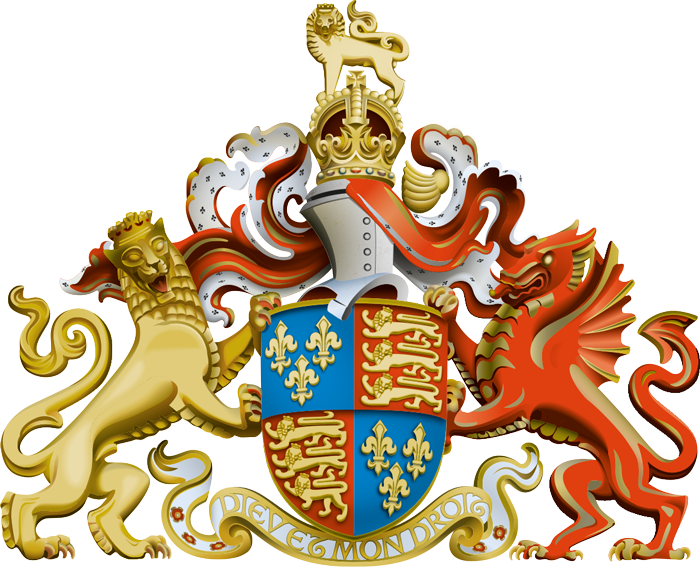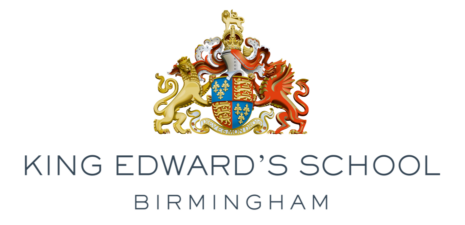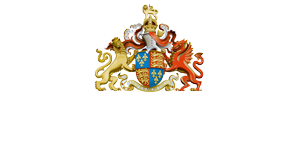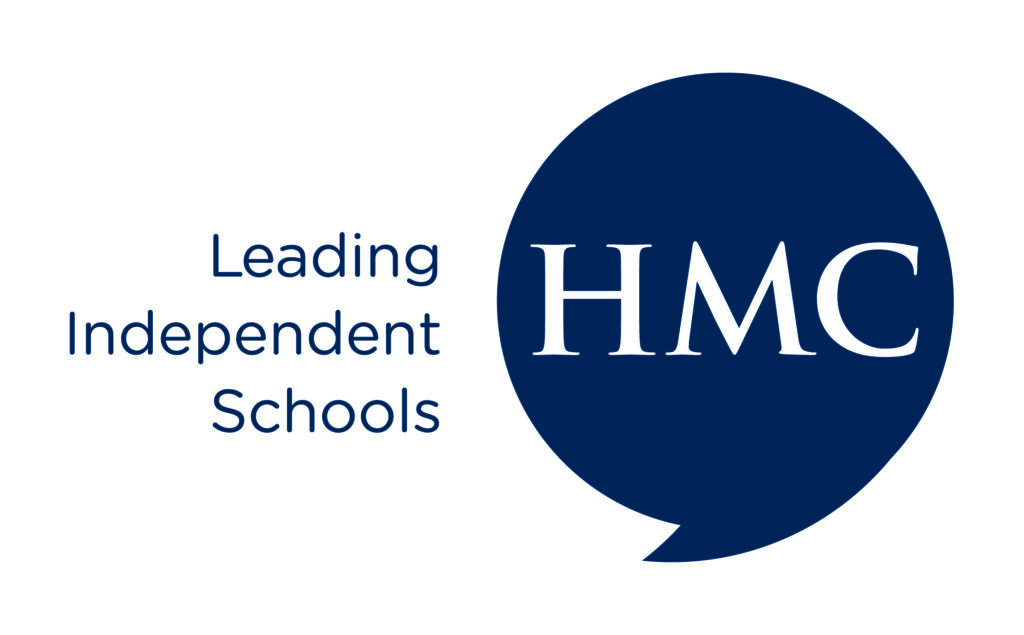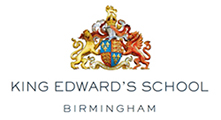Modern Languages
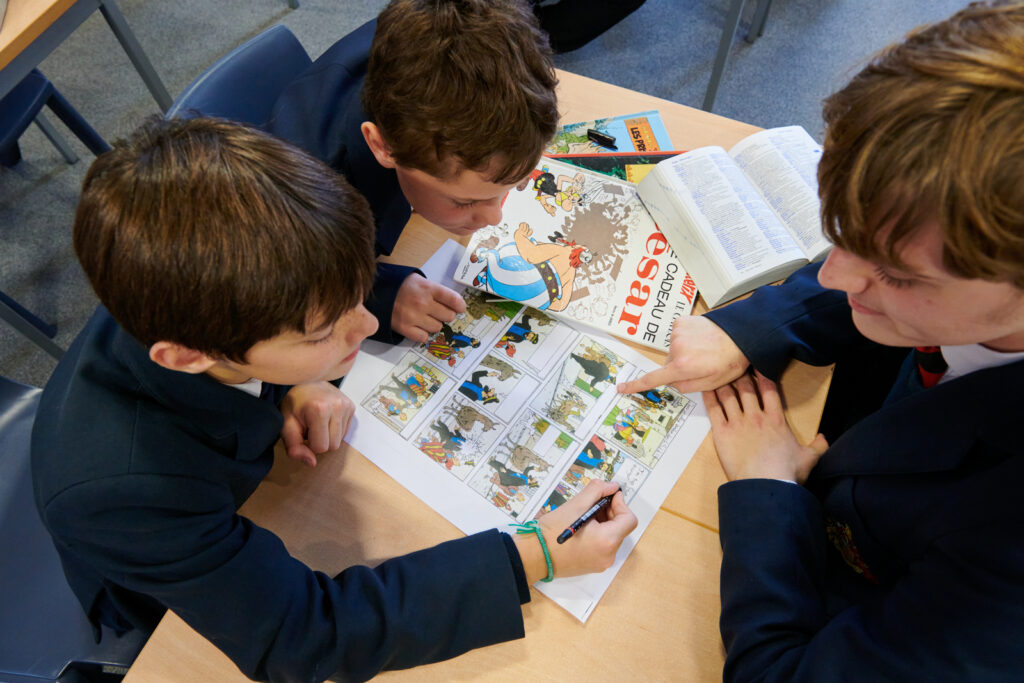
King Edward’s School is a thriving, multilingual community whose cultural roots extend around the globe.
Now, more than ever, languages are set to play an important role in future careers, and by studying another language, boys are equipping themselves to play their part in an increasingly mobile, open, multilingual world.
Furthermore, each new language becomes a passport to discovering another country, its culture and its people, opening the door to adventure and greater self-knowledge, and teaching boys to approach the foreign and the unfamiliar with humility and respect.
The Modern Languages Department is the largest in the school. It teaches French, German, and Spanish. Facilities include large, well-equipped classrooms, a state-of-the-art language laboratory and dedicated space for one-to-one and small-group tuition with our foreign language assistants, all of whom are native speakers.
All boys are taught French from Year 7 and it is the medium through which we teach the basic skills of language learning. French is a rich and versatile language that gives boys access to at least three neighbouring countries, nations with which we have had close cultural links for hundreds of years. It is also a great training ground on which to learn grammatical accuracy, listening skills and accurate pronunciation. In Year 8, boys add a second language, with a free choice of two from French, German and Spanish. Boys continue with both of these in Year 9, after which they choose which one or two they will take through to GCSE.
In each of the languages they study, boys take the IGCSE. We have chosen the Edexcel International GCSE course for its thoroughness of approach, the breadth of its cultural content and for the firm foundations it provides for our A Level courses. Our GCSE results are consistently excellent.
It is beyond GCSE that the study of a foreign language comes into its own. The A Level course in French, German and Spanish enables the boys to develop their knowledge and understanding of the culture and society of French, German or Spanish speaking countries.
The boys study two works in depth, either a literary text and a film or two literary texts. Boys will also carry out an individual research project on a topic relating to French, German or Spanish-speaking countries. We teach in small groups at this level and the lessons are conducted predominantly in the target language. Boys also have weekly conversation sessions with our native language assistant.
It is beyond GCSE that the study of a foreign language comes into its own. The IB Diploma enables us to offer a range of courses in all three languages, from Ab Initio (beginners) to Higher Level. All boys study at least one modern or classical language as part of their Diploma.
The Standard and Higher Level courses in French, German and Spanish provide the opportunity not only to improve and expand on language skills, but to study a fascinating range of topics. From the outset, boys will encounter the language as it is used in real life in authentic texts and by native speakers. They will test their wits and skills in unfamiliar territory and begin to explore society, literature, current affairs, song, cinema, theatre, history and geography through the prism of another language and culture.
The Ab Initio courses in French, German or Spanish introduce boys to a new language and take them to a level comparable to GCSE in just five terms. The focus is on learning to perform more basic, functional tasks than those encountered at Standard or Higher Level, but the pace is just as demanding. By the end of the Diploma, boys should be able to speak the language well enough to start exploring it for themselves and develop their competence further if they need to.
Our exam results are amongst the best in the country at all levels and our very best linguists go on to study modern languages at top universities, including Oxford and Cambridge.
Future careers
The ability to communicate effectively in a foreign language can support and enhance a bewildering array of fascinating careers all around the globe. Languages open doors. Linguists are seen by potential employers as versatile, internationally-minded, able communicators whose skills make them a valuable asset. In a world where it is taken for granted that the average graduate in other countries speaks a range of languages well, becoming proficient in at least one is the best way to maintain credibility and keep up with the international competition.
Beyond the classroom
Keen linguists have plenty of opportunities to explore and expand their skills while at school. The Modern Languages Society offers insights into foreign language and culture, including those of languages not taught at KES. There are regular opportunities to visit France, Spain and Germany, either to study the language in a formal setting or to practise it informally while soaking up the culture.
Exchanges with schools in Europe provide opportunities to form friendships with students from other countries and to see their world from the inside. Meanwhile, back in the UK, the Modern Languages Department encourages students to get involved in national competitions designed to put their language skills to the test.
Other languages?
We are occasionally asked why we don’t teach an even wider range of languages, including Mandarin, Arabic, Russian, or some of those widely spoken in Birmingham such as Urdu, Panjabi or Bengali. There are currently almost 7,000 living languages, of which about 6% have more than a million speakers each and collectively account for 94% of the world population. We cannot predict which of those thousands our students will need in the future, but we do know that learning a language as an adult is easier if you have been well-trained in the skills of language acquisition.
That is what we set out to do. Through the medium of three European languages, which are close enough in vocabulary and structure to English to be easily accessible to young English speakers, we teach boys how to learn a language and learn it well. We instil confidence and clarity in communication and the courage to take risks in company. We emphasise attention to detail, careful listening and logical argument. By the time they leave King Edward’s, boys are equipped to apply these skills to any language, however challenging, and thus to push open doors of opportunity that are closed to the unadventurous, the timid or the monolingual.
Meet the Head of Languages
Mr Chalkley
While studying French and German at the University of Durham, Mr Chalkley began his teaching career at a provincial secondary school in Rheinland-Pfalz, Germany. He loved the experience, both the teaching and the opportunity to immerse himself in a new language and culture. He realised that languages allow people to experience the world in a completely different way, and to understand others better. After completing his teacher training, he began his official teaching career at Ivybridge Community College, a large state comprehensive school in Devon. He then became Head of German and Deputy Head of Languages at Millfield, an independent boarding school in Somerset. He then moved on to become Head of Modern Languages at Taunton School, another independent boarding school in Somerset, before being appointed as Head of the Languages Faculty at King Edward’s School. Mr Chalkley is a huge advocate of language learning, both modern and classical, and believes that it can help people become better people.
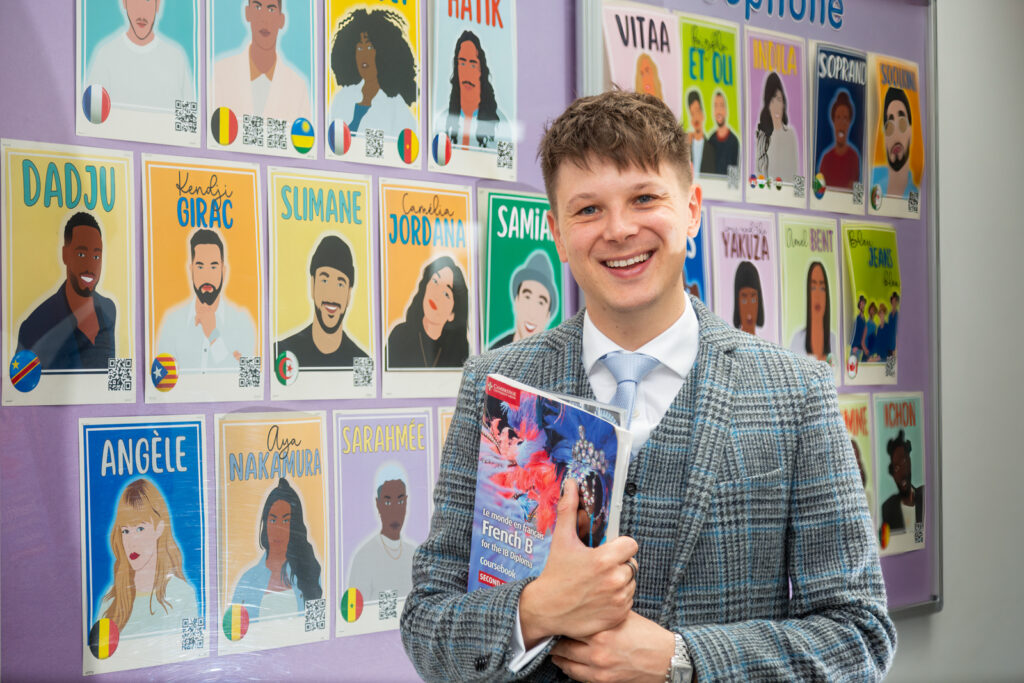
Meet the Head of French
Mrs Orchard
Mrs Orchard has been teaching French and Spanish since 2004 and joined King Edward’s School as Head of Department in 2020. She developed an interest in languages at an early age. She went on to study French at the University of Newcastle upon Tyne, earning a first-class honours degree with a Distinction in spoken French. She was also the winner of the Delacourcell Prize, awarded to the best student in French.
After her year abroad as a British Council assistant in Bordeaux, Mrs Orchard became interested in teaching and earned a PGCE in Modern Foreign Languages at the University of Worcester. Since joining the teaching profession, she has worked in several educational settings, including seven years spent teaching French and Spanish at the Shanghai Community International School. While in China, she studied Mandarin Chinese and earned her HSK3 qualification. Outside of school, Mrs Orchard continues learning Mandarin and enjoys travelling, cooking, and time spent with her family.
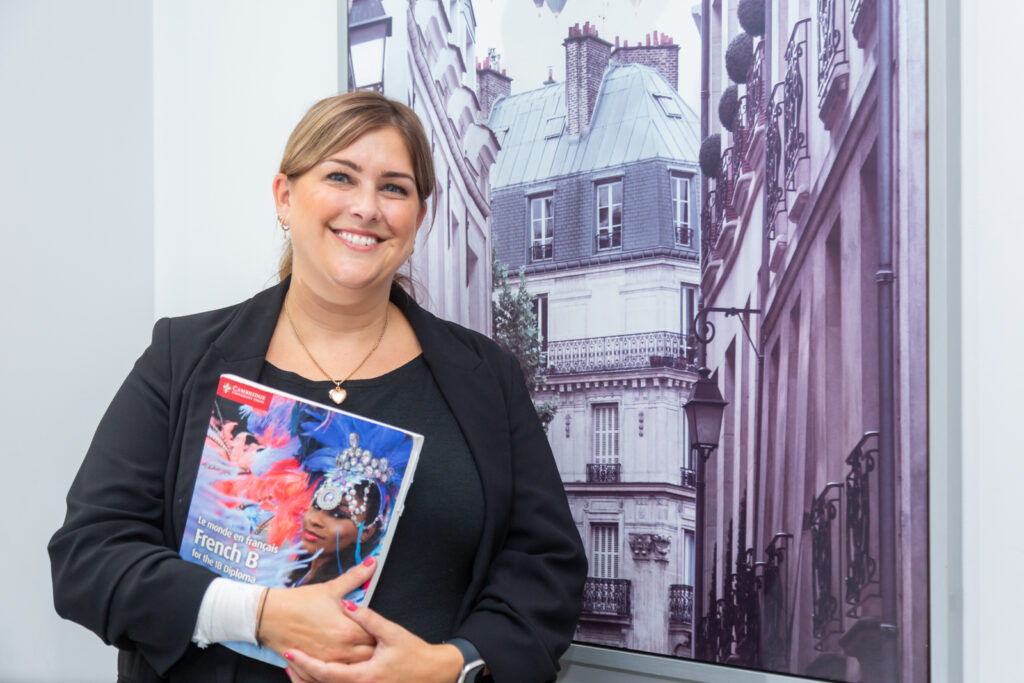
Meet the Head of Spanish
Mrs Zamaniego
Having always had an interest in teaching, Mrs Zamaniego jumped at the opportunity to train in TESOL at university alongside her French and Spanish studies. Her passion for teaching grew as she gained experience working with international students of all ages, backgrounds and contexts.
Living in Spain during her year abroad was a pivotal experience in deepening Mrs Zamaniego’s love of Spanish and interest in Hispanic culture. After graduating, Mrs Zamaniego moved to Mexico, where she taught English as a Second Language to adults and children, before moving back to the UK to train to teach Spanish and French.
Mrs Zamaniego hopes that the Spanish department at King Edward’s School can enable students to recognise the importance of understanding other languages and cultures, and the opportunities that await those who do.
